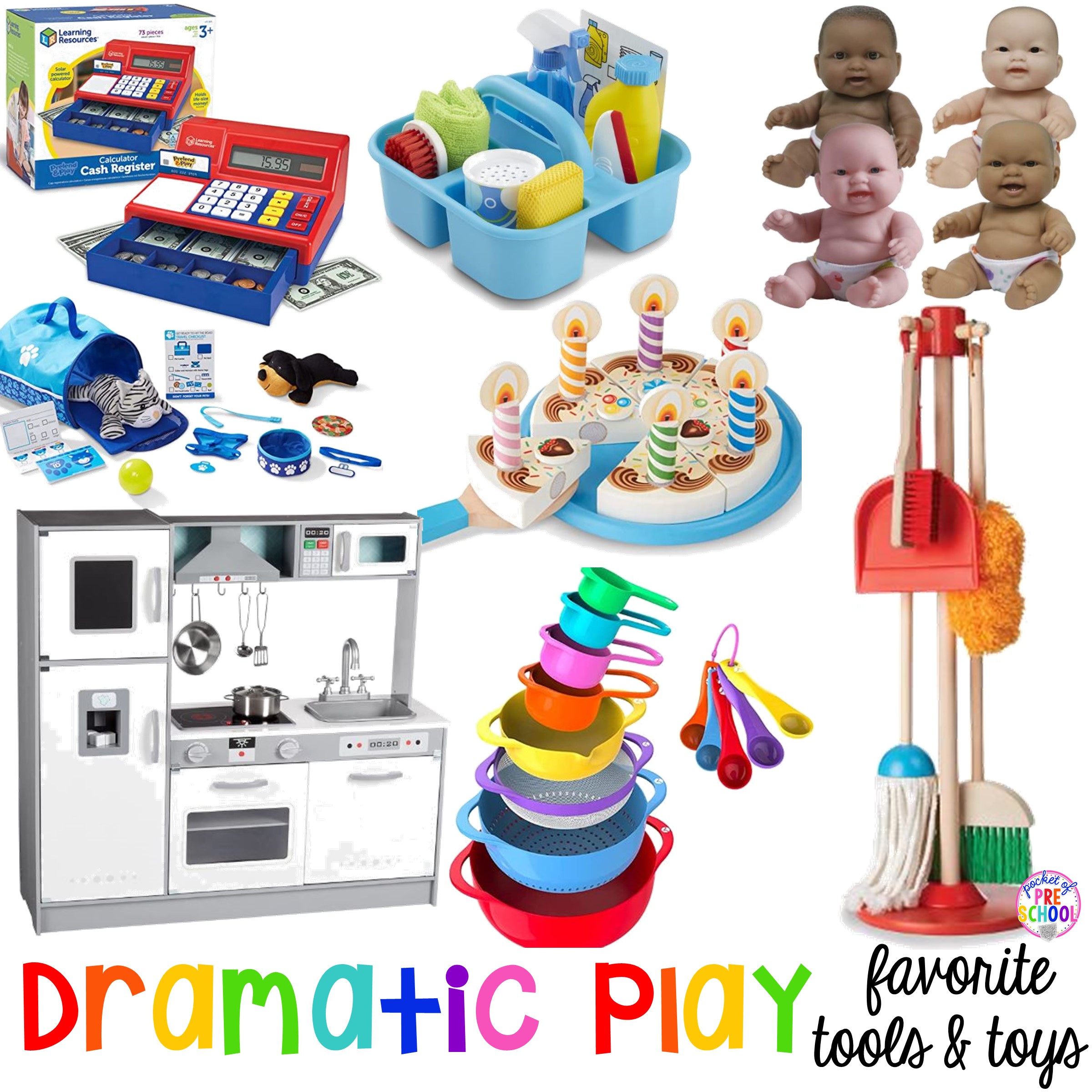Dramatic play is an excellent way for children to engage with the world around them. It provides children with the opportunity to learn, problem-solve, communicate, create, and socialize through different experiences. The range of resources offered by dramatic play toys encourages self-determined play, giving children the freedom to explore their imaginations and experience a world of possibilities. This blog post will delve into the importance of dramatic play toys and how they can benefit children, particularly focusing on animal hand puppets and other imaginative play resources.
1. Introduction to Dramatic Play
Dramatic play, also known as pretend play or imaginative play, involves children taking on roles and acting out scenarios in a make-believe world. This type of play is vital for a child’s development as it allows them to experiment with different social and emotional roles. Through dramatic play, children learn about themselves and the world around them.
2. The Importance of Dramatic Play in Early Childhood
Dramatic play is more than just fun and games; it is a powerful educational tool. It helps children develop essential life skills, including:
- Problem-solving abilities: By navigating various scenarios, children learn to think critically and devise solutions.
- Communication skills: Playing different roles and interacting with peers enhance language development and social skills.
- Creativity and imagination: Dramatic play stimulates creativity, allowing children to explore new ideas and scenarios.
- Emotional intelligence: Understanding different roles helps children develop empathy and emotional regulation.
3. Animal Hand Puppets: A Gateway to Imagination
Animal hand puppets are an ideal imaginative play toy for young children as they offer a range of benefits beyond providing hours of fun. These benefits include:
- Fine motor skills: Manipulating puppets enhances hand-eye coordination and dexterity.
- Language development: Puppets encourage children to speak, tell stories, and engage in conversations, thus boosting vocabulary and sentence structure.
- Tactile experience: The feel of soft fabric or fur provides a sensory experience that is comforting and engaging.
4. Encouraging Creative Expression with Puppets
Animal hand puppets are perfect for encouraging creative expression and inspiring discovery. Children can use puppets to enact stories, create characters, and develop narratives, which fosters their creativity and storytelling abilities. This kind of play also helps children express their thoughts and feelings in a safe, controlled environment.
5. Diverse Resources for Imaginative Play
We offer a diverse range of resources to suit different preferences and interests. These resources include:
- Pretend kitchen sets: These sets allow children to role-play as chefs or homemakers, helping them understand everyday tasks and responsibilities.
- Figurines of everyday objects: Playing with miniature versions of daily items helps children learn about their environment and develop organizational skills.
6. Enhancing Problem-Solving Skills
Dramatic play toys are instrumental in developing problem-solving skills. When children engage in pretend play, they often encounter scenarios that require them to think critically and come up with solutions. This kind of play encourages them to think on their feet and develop strategies to overcome challenges.
7. Building Motor Skills
Many dramatic play toys, such as animal hand puppets and pretend kitchen sets, require children to use their hands and fingers in precise ways. This helps improve fine motor skills, which are crucial for tasks such as writing, buttoning clothes, and using utensils.
8. Socialization and Communication
Dramatic play is a social activity that often involves multiple children. This interaction helps children learn to communicate effectively, share ideas, and work collaboratively. It also teaches them important social norms and behaviors, such as taking turns and listening to others.
9. Emotional Development
Through dramatic play, children can explore different emotions and scenarios in a safe environment. This helps them understand and manage their own emotions, as well as develop empathy for others. For example, acting out a scenario where a puppet is sad or happy allows children to experience and understand those emotions better.
10. Conclusion:
Dramatic play toys, such as animal hand puppets and pretend kitchen sets, offer a multitude of benefits for young children. They promote cognitive, social, and emotional development while providing endless hours of fun and creativity. By incorporating these toys into their playtime, parents and educators can help children develop important life skills that will serve them well into adulthood.
For those interested in exploring these benefits further, we recommend visiting EducationAll’s Dramatic Play section. Here, you will find a wide range of resources designed to support and enhance children’s imaginative play experiences.



